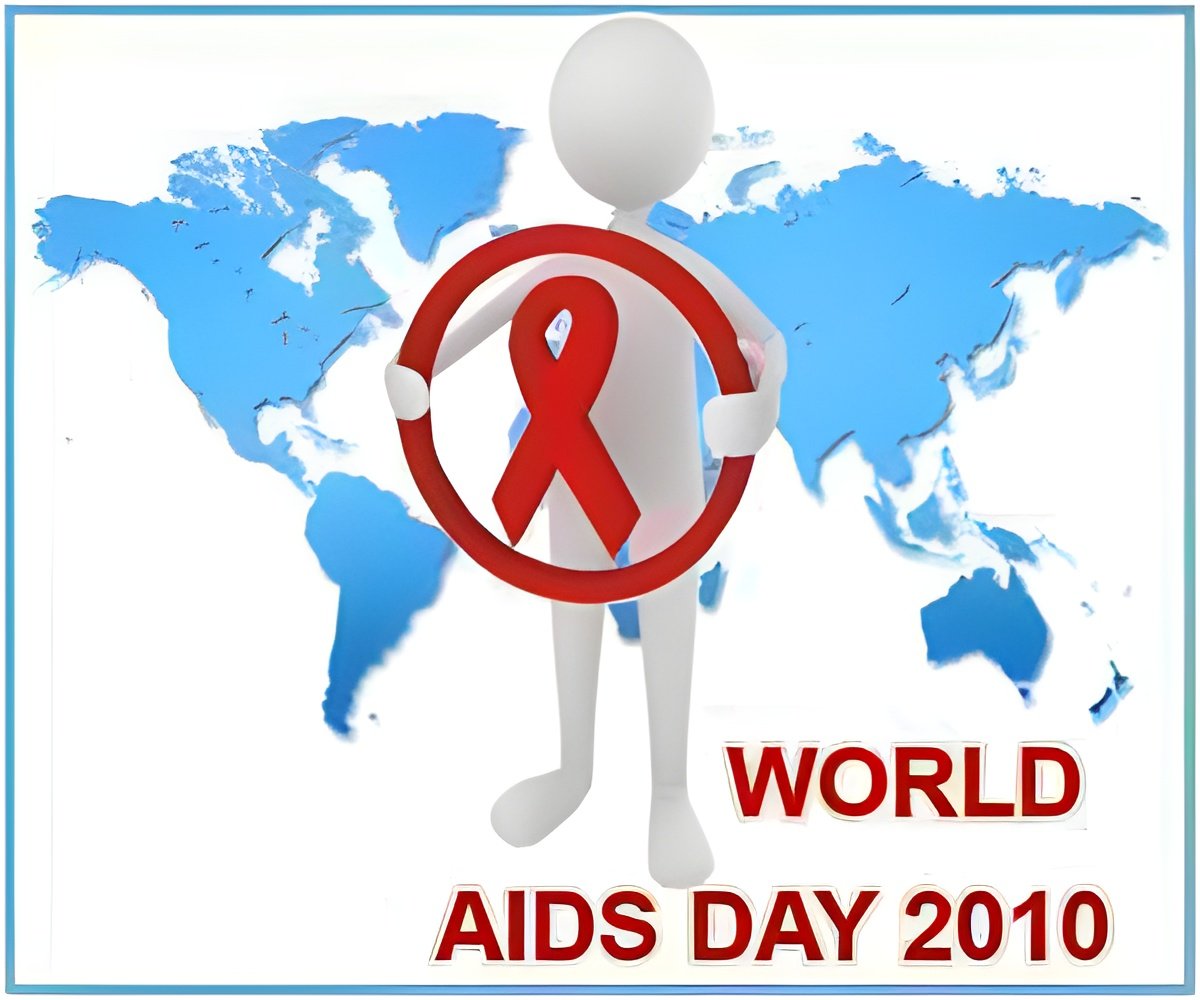Deputy President Kgalema Motlanthe said on Wednesday that a million people are now receiving anti-AIDS drugs in South Africa, a country with the world's heaviest HIV infections.

Motlanthe said more public health institutions were now providing treatment, with more nurses trained to administer ARV (anti-retroviral) drugs.
"It is important to emphasize that even as we continue to make headway with our treatment programme, prevention remains the mainstay of our response to the dual epidemic of HIV and TB," he said.
South Africa has 5.6 million people who are HIV-positive out of a 50-million population, according to UN estimates. The country, after long failing to tackle the problem amid scepticism about its cause, also has the largest ARV programme in the world.
Motlanthe and Health Minister Aaron Motsoaledi started the day by visiting impoverished rural households affected by AIDS.
"What we are observing here is the devastation of HIV/AIDS. All four houses we visited here were headed by grandmothers who are looking after orphans," said Motsoaledi.
Advertisement
Advertisement
The impact of HIV in the country is compounded by poverty, as many people battle to feed themselves and adhere to the drug regimen. Others live far from institutions offering medical help.
Dozens of public gatherings to mark the day were held around the country by labour unions, church groups and civil society, signifying an increased effort to fight the scourge.
In South Africa's oldest township Langa, northeast of Cape Town, a roadside testing station was set up outside a health clinic and a loud hailer urged passers-by to get tested.
"I want to see what is happening inside my body," said a 56-year-old woman, being tested for the first time.
After coming out she announced "I am clean. I am happy".
This year's theme was "We are Responsible", with school children and adults encouraged to get tested and stop the spread of HIV.
President Jacob Zuma's administration has been praised for implementing new approaches to fighting HIV after years of denialism by former president Thabo Mbeki and his health minister.
Mbeki's government questioned the link between HIV and AIDS and the health minister Manto Tshabalala-Msimang promoted garlic and beetroot instead of medication.
The current government has set up a drive to test 15 million people by the end of June 2011 and provide anti-AIDS drugs to 80 percent of those who need treatment.
Motsoaledi said last month the test campaign had lagged because of the football World Cup hosted by South Africa and a three-week public sector strike which crippled services at state hospitals.
He said more than 4.6 million people had tested, of whom 800,000 were HIV positive.
"What is important is that they have the knowledge to stop infecting their partners by sticking to one partner and always using a condom, adopting positive living and have access to treatment early," said Motsoaledi.
Earlier this year, Zuma underwent an HIV test and publicly announced his negative result.
Source-AFP









